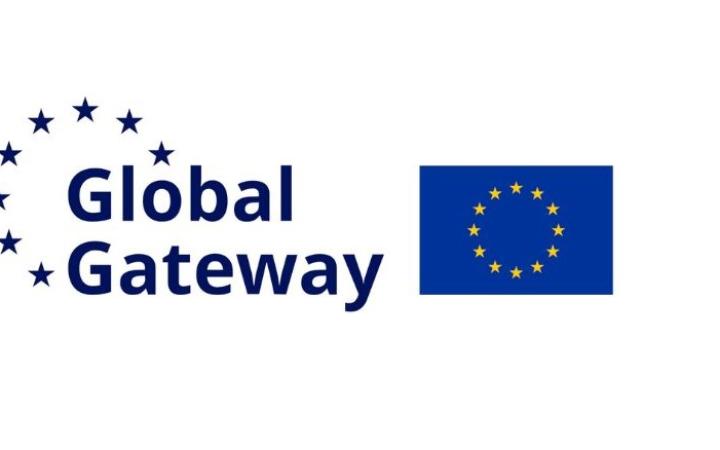To advance digital transformation globally, ITU, the European Commission (EC) and UNDP have joined forces in the context of the 4-year, € 4-million project “Capacity Development for Digital Transformation”, funded by the European Union.
With the ongoing digitalization of the global economy and society, which was reinforced by the COVID-19 pandemic, the need for human capacities and skills to support a digital transformation that respects human rights and narrows the digital divide continues to grow. With the unprecedented digital acceleration and transformation which is complex and encompasses many aspects such as technical, economic, social, environmental, legal, and regulatory, policy makers must address all these dimensions when formulating national strategies, programmes, and measures.
This project will address the capacity development needs of policy makers and government officials across multiple sectors and countries, through well-targeted training interventions on foundational topics. As a result, the project will enhance the knowledge and skills required to take informed decisions in the digital era and support a human-centric digital transformation globally.
All training activities under this project will be carried out through the ITU Academy platform.

The project at a glance:
- What is our goal? -> Enhance the capacity of government officials, policy makers and other relevant stakeholders who are engaged in digital transformation efforts worldwide.
- How do we enhance capacity? -> Organize highest quality ITU Academyface-to-face and online courses, including summers schools, on priority topics related to digital transformation to be delivered by ITU and its partners.
- Who will deliver courses? -> ITU, UNDP, ITU Academy Training Centres (ATCs), other selected UN Agencies.
- What is the intended impact? -> Train at least 5,000 professionals globally through ITU Academy by the end of the project.
- Who can apply? -> All ITU Academy users. Women and participants from developing countries will enjoy high priority during selection.